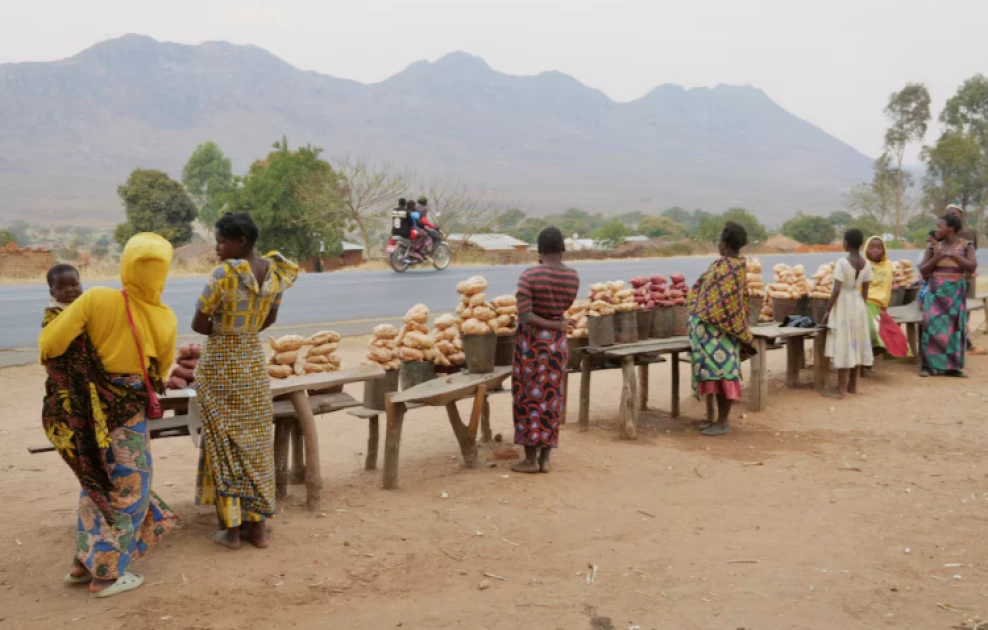Malawi goes to the polls on Tuesday in a high-stakes election. President Lazarus Chakwera faces his predecessor, Peter Mutharika, in a contest shaped by economic hardship and public frustration with leadership.
A Two-Horse Race
Although 15 candidates are contesting, including former president Joyce Banda, analysts predict the real battle will be between Chakwera, 70, and Mutharika, 85. If no one wins more than 50% of the vote, a runoff will be held.
This is not the first time the two rivals have clashed. In 2019, Mutharika’s victory was annulled by the Constitutional Court due to irregularities. The historic rerun in 2020 saw Chakwera claim the presidency.
Economic Hardship Drives Discontent
Since Chakwera took office, Malawi’s economy has faced severe challenges. A destructive cyclone and regional drought wiped out crops, worsening food shortages. Inflation has remained above 20% for more than three years, hitting household budgets hard. Fuel shortages and rising living costs dominate conversations among voters.
Corruption is another major issue. Chakwera entered office promising to clean up what he described as Mutharika’s corrupt government. However, critics accuse his administration of being slow and selective in handling corruption cases. This has left many Malawians disillusioned with both major parties.
Voter Fatigue and Political Stakes
On top of the presidential race, voters will also elect members of parliament and local councillors. Analysts expect either Chakwera’s Malawi Congress Party (MCP) or Mutharika’s Democratic Progressive Party (DPP) to form alliances with smaller parties to secure a governing majority.
Still, many wonder whether voters will turn up in large numbers. “People are tired and uninspired,” said Louw Nel, Senior Political Analyst at Oxford Economics Africa. “The big question is whether they will bother to vote.”
Election Day
Polling stations open at 6:00 a.m. local time (0400 GMT) and close ten hours later. Official results are expected within a week, though the political atmosphere suggests the country may be heading for yet another dramatic runoff.

